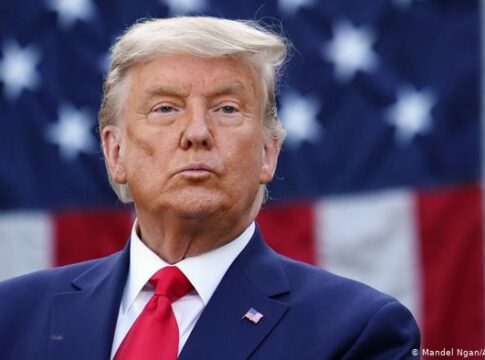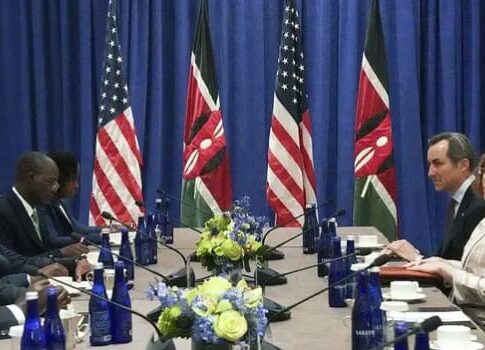In a highly anticipated and potentially combustible meeting, Donald Trump and Ukrainian President Volodymyr Zelensky are set to convene at Trump Tower in New York. This encounter follows a series of scathing exchanges between the two leaders regarding Ukraine’s ongoing conflict with Russia.
Zelensky’s visit to the United States has been marked by controversy, particularly after his remarks to The New Yorker magazine, where he suggested that Trump lacks a clear understanding of how to resolve the war. Trump swiftly retaliated, accusing Zelensky of refusing to negotiate a peace deal.
At a campaign rally in North Carolina, Trump emphasized, “We’ve invested billions of dollars in Ukraine, yet their leader seems unwilling to find a solution.” This statement echoes Trump’s long-held skepticism regarding US support for Ukraine.
READ MORE: FEC Proposes Bill Allocating 30% Of TETfund To Student Loan Scheme
In contrast, Zelensky’s meetings with President Joe Biden and Kamala Harris yielded reassurances of continued American support for Ukraine’s war effort. Biden pledged an additional $8 billion in military aid, underscoring the US commitment to Ukraine’s sovereignty.
Harris underscored the importance of unwavering support for Ukraine, stating, “Some would have you believe that Ukraine must surrender significant territory, but we reject that notion.” Her words served as a veiled rebuke of Trump’s stance on the conflict.
As the November US presidential election approaches, Ukraine’s fate hangs precariously in the balance. The outcome will undoubtedly influence the level of support Ukraine receives from its most significant ally.
The Trump-Zelensky meeting promises to be a defining moment in the complex and ever-evolving dynamic between the US, Ukraine, and Russia. As tensions simmer, the international community watches with bated breath, eager to discern the implications of this fraught encounter.
Will this meeting mark a turning point in the Ukraine conflict, or will it exacerbate existing divisions? Only time will tell.




